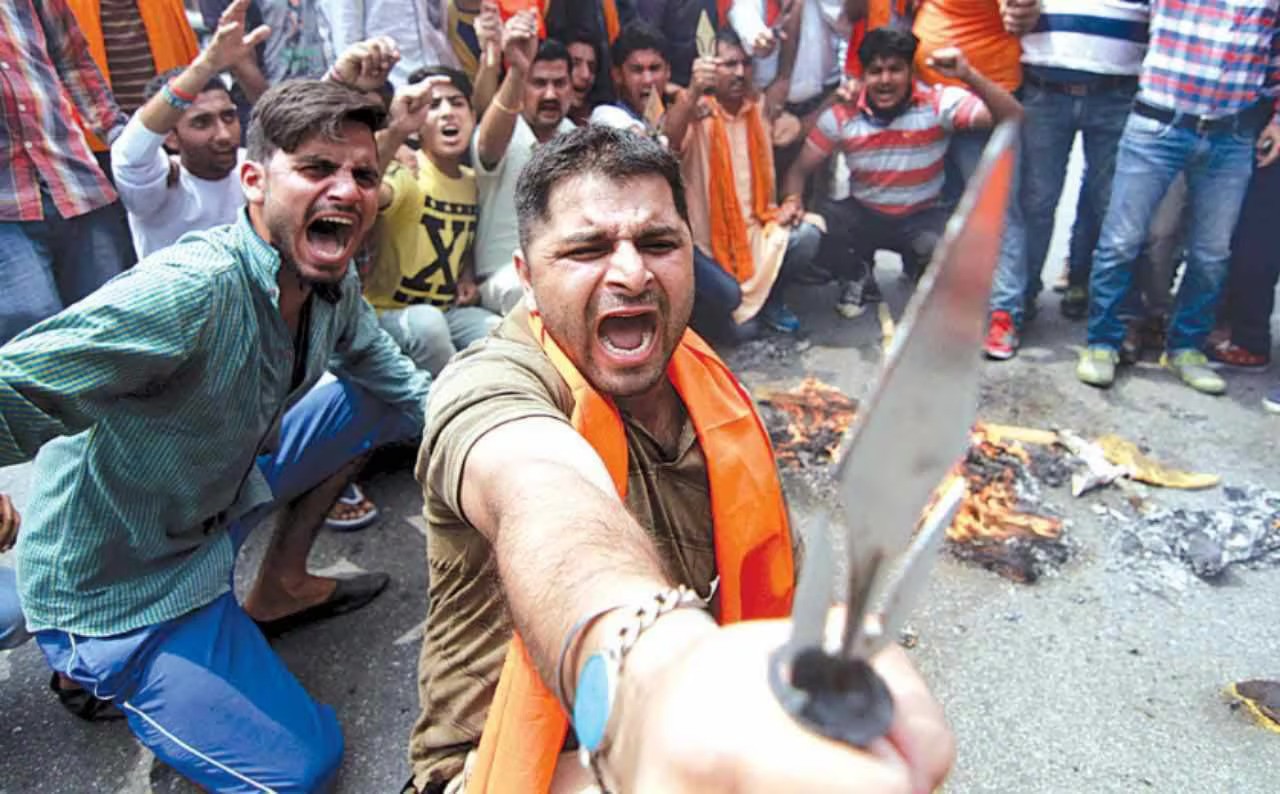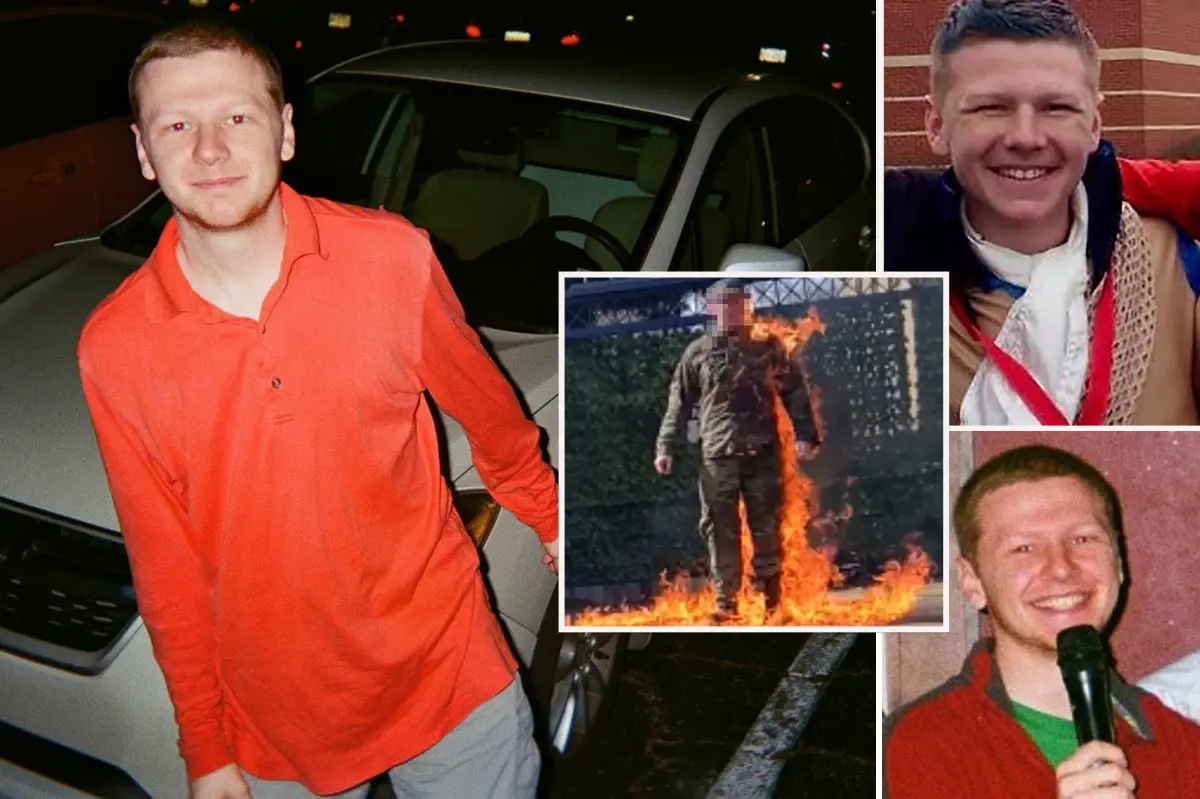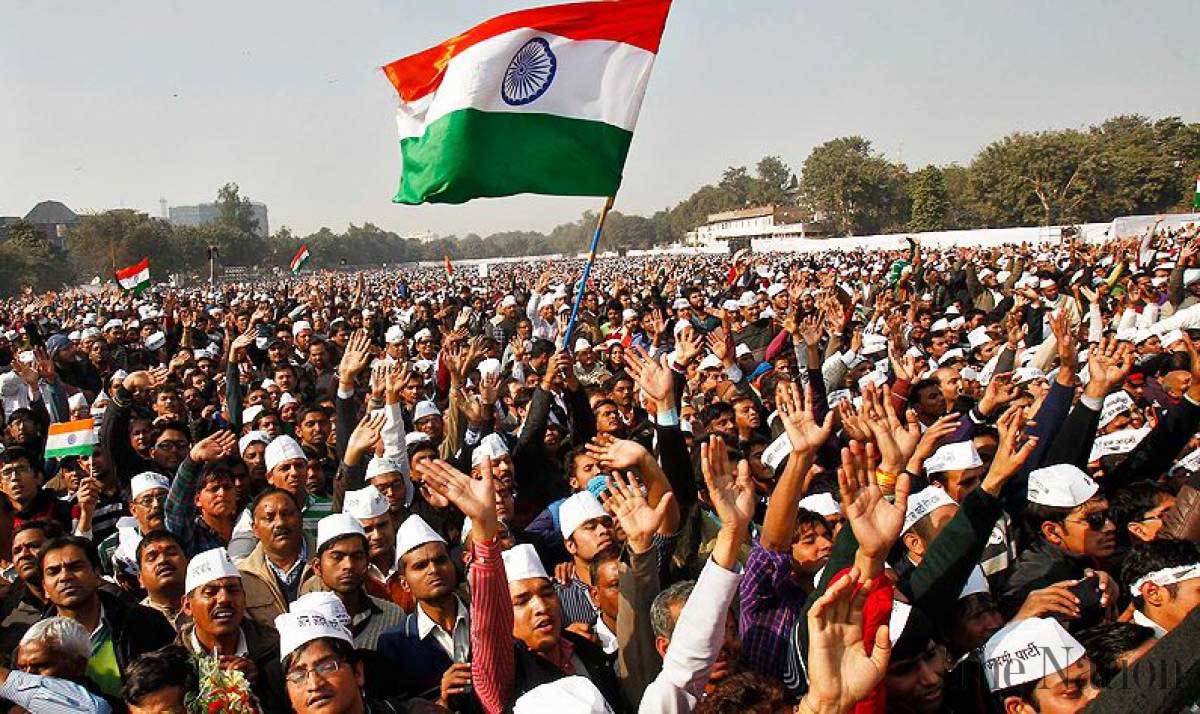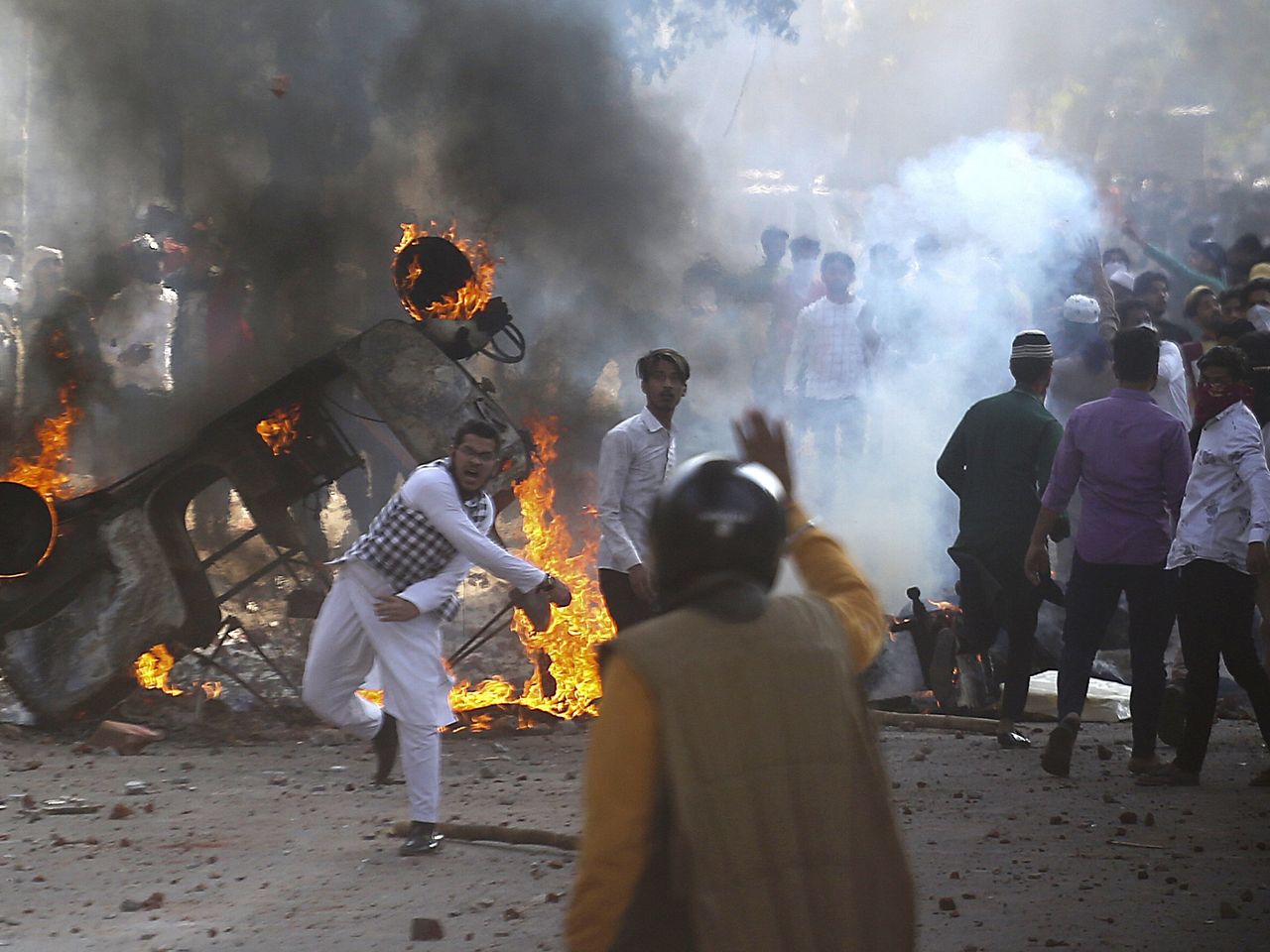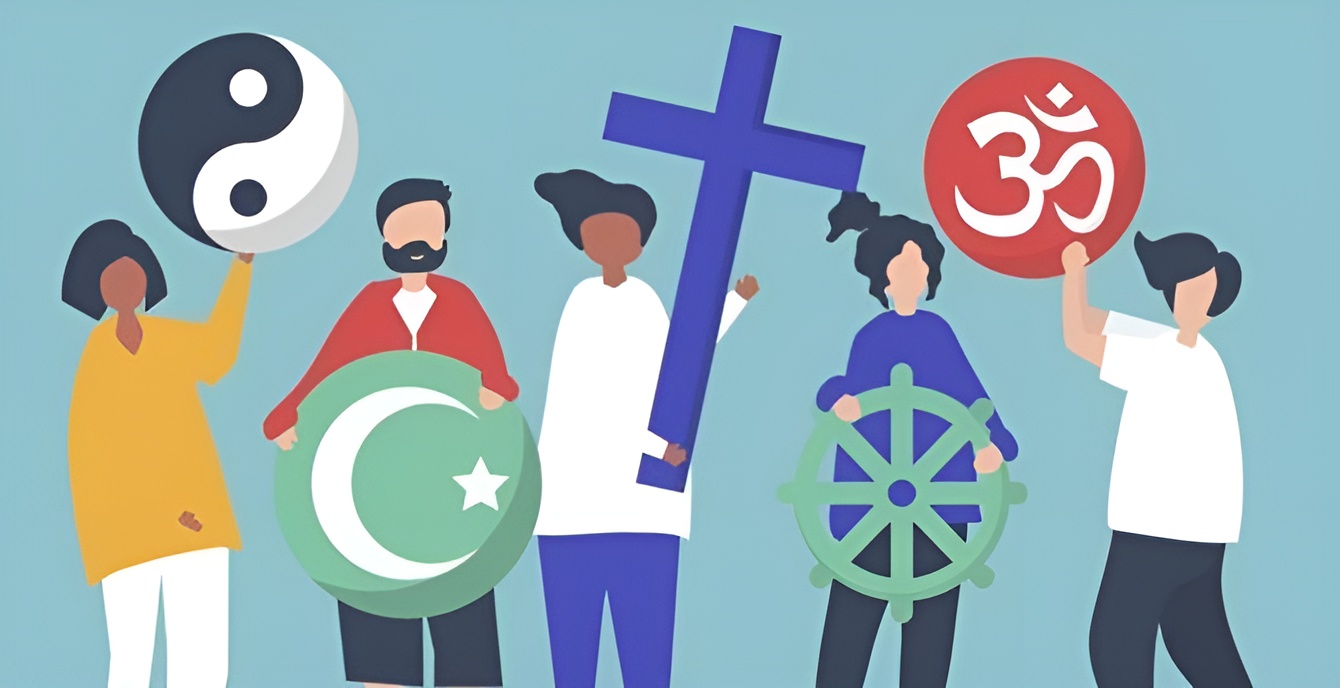A dispute at a higher secondary school in Khajuri village, in a remote area of Rajasthan’s Kota district, raised concerns about inter-communal harmony in India. Three Muslim instructors have been accused of forcing their students to say namaz and arranging for students to undergo religious conversions. Tensions were further heightened by the Sarva Hindu Samaj’s narrative, which depicted these educators as facilitators of “Islamic jihadi activities” and “love jihad.”
The alleged conversion of a Hindu girl, which set off a wave of agitation, was at the centre of the dispute. As the community united against the suspension of these teachers, the clamour grew louder. Interestingly, Hindu students and teachers also spoke up in support of them, rejecting the unfounded accusations, not just the Muslim community. The coercion underlying the statement was revealed when even the student who had testified against the teachers recanted.
The Khajuri school community’s tenacity shows a glimmer of optimism amid the general atmosphere of intercommunal conflict. In contrast to expectations, Hindu professors and students came together to protect justice, putting aside differences in religion. Their firm position refutes the idea that relations between Muslims and Hindus are irreversibly damaged.
However, in today’s India, these instances of unity are still rare due to the overwhelming impact of Hindutva fanaticism. With the support of the government, groups such as the Bajrang Dal and Vishwa Hindu Parishad hold significant authority. Many people are afraid of facing consequences for speaking out against abuses committed by these groups.
The tragedy in Khajuri highlights a basic conundrum: can Muslims live normal lives without the resolute assistance of their Hindu neighbours? The story of a Muslim teacher in Delhi who was having trouble finding accommodation captures the widespread prejudice that the group faces. Although there are a few brave Hindu landlords, it is impossible to expect all of them to defy social pressure.
Moreover, the difficulties Muslims face are made worse by institutionalised prejudice in law enforcement. The precariousness of their status is shown by recent events in Alwar, where Muslim youngsters were imprisoned without delay on the grounds of allegedly being compelled to convert. Fears within minority populations are stoked by the authorities’ prompt response, which begs questions about fairness and due process.
In spite of these disappointments, the unity shown in Khajuri challenges long-standing stereotypes and offers hope. It emphasises how empathy and group efforts may significantly improve communal harmony. But maintaining this momentum will require more significant changes in society as well as a determined commitment to address prejudice at its source.
Going forward, it will be crucial to promote empathy and interfaith conversation in order to heal societal divisions. Stereotypes can be destroyed and an inclusive culture can be promoted with the aid of initiatives meant to promote cooperation and understanding between people. Strong legal protections must also be put in place to defend the secular values inherent in India’s constitution and to protect the rights of minorities.
In the end, Khajuri’s story provides a ray of hope in the face of pervasive bigotry. It serves as a reminder that people of all religious backgrounds may come together to create great change and that solidarity transcends all boundaries. The way to a more just and inclusive society is through the bravery to remain one during difficult times. Let us be motivated by Khajuri’s fortitude as we negotiate the intricacies of intercommunal interactions and work towards a future characterised by harmony and understanding.
